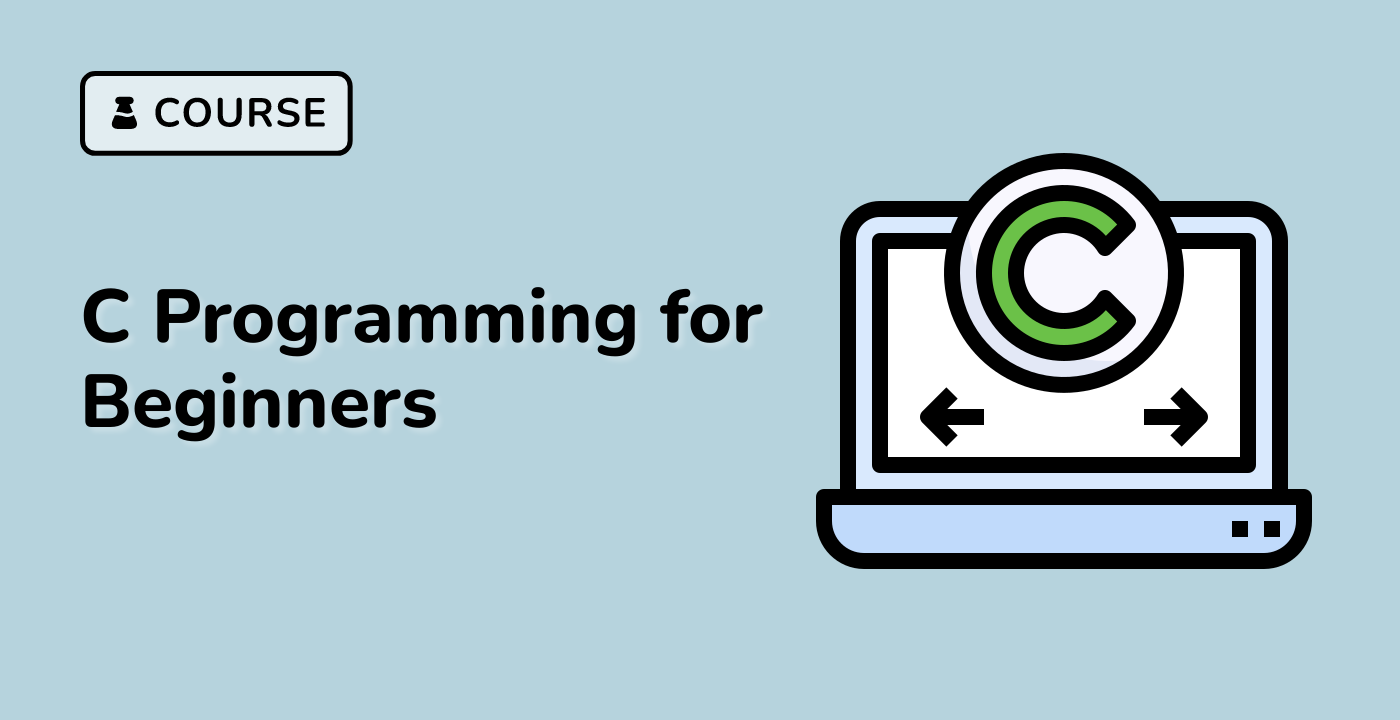Advanced Computation Methods
Introduction to Advanced Large Number Computation
Advanced computation methods provide sophisticated techniques for handling complex numeric calculations beyond standard arithmetic operations.
Computational Approaches
graph TD
A[Advanced Computation Methods] --> B[Arbitrary Precision Arithmetic]
A --> C[Big Integer Libraries]
A --> D[Parallel Computing]
A --> E[Algorithmic Optimization]
Arbitrary Precision Arithmetic Implementation
GMP Library Example
#include <gmp.h>
#include <stdio.h>
int main() {
mpz_t a, b, result;
// Initialize large number variables
mpz_init_set_str(a, "123456789012345678901234567890", 10);
mpz_init_set_str(b, "987654321098765432109876543210", 10);
mpz_init(result);
// Perform multiplication
mpz_mul(result, a, b);
// Print result
gmp_printf("Large Number Multiplication: %Zd\n", result);
// Clean up
mpz_clear(a);
mpz_clear(b);
mpz_clear(result);
return 0;
}
Computation Method Comparison
| Method |
Precision |
Performance |
Complexity |
| Standard Integers |
Limited |
High |
Low |
| GMP Library |
Unlimited |
Moderate |
High |
| Custom Implementation |
Configurable |
Variable |
High |
Parallel Computation Techniques
OpenMP Large Number Processing
#include <stdio.h>
#include <omp.h>
#define ARRAY_SIZE 1000000
void large_number_computation(double *data, int size) {
#pragma omp parallel for
for (int i = 0; i < size; i++) {
data[i] = data[i] * data[i] + 2.0;
}
}
int main() {
double data[ARRAY_SIZE];
// Initialize data
for (int i = 0; i < ARRAY_SIZE; i++) {
data[i] = i * 1.5;
}
// Parallel computation
large_number_computation(data, ARRAY_SIZE);
return 0;
}
Advanced Algorithmic Optimization
Karatsuba Multiplication Algorithm
#include <stdio.h>
#include <stdlib.h>
#include <string.h>
char* karatsuba_multiply(char* num1, char* num2) {
int len1 = strlen(num1);
int len2 = strlen(num2);
// Implement Karatsuba multiplication logic
// (Complex implementation omitted for brevity)
char* result = malloc(len1 + len2 + 1);
// Multiplication result processing
return result;
}
int main() {
char* result = karatsuba_multiply("1234", "5678");
printf("Multiplication Result: %s\n", result);
free(result);
return 0;
}
Compilation Instructions
For GMP Library:
gcc -o large_computation large_computation.c -lgmp
For OpenMP:
gcc -fopenmp -o parallel_computation parallel_computation.c
LabEx Learning Approach
At LabEx, we recommend mastering these advanced methods through progressive learning and practical implementation.
Key Considerations
- Choose appropriate computation method
- Understand performance trade-offs
- Implement robust error handling
- Consider memory and computational complexity




